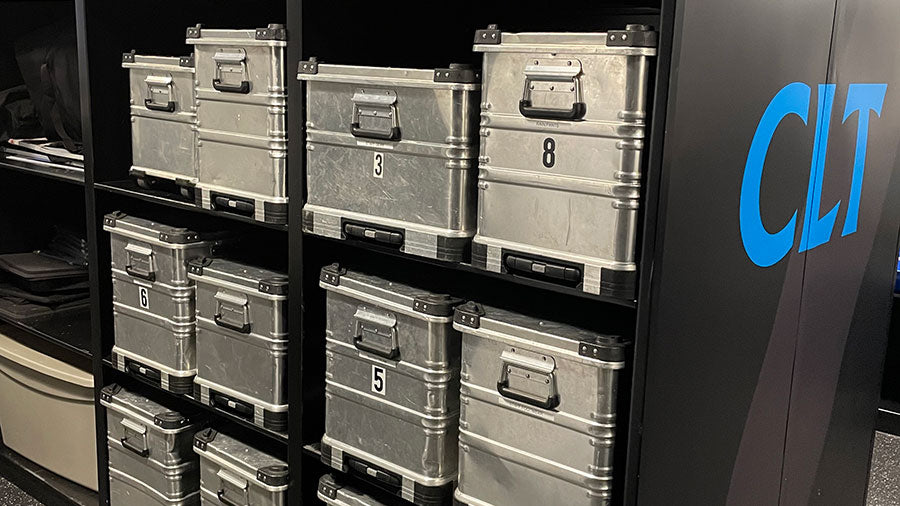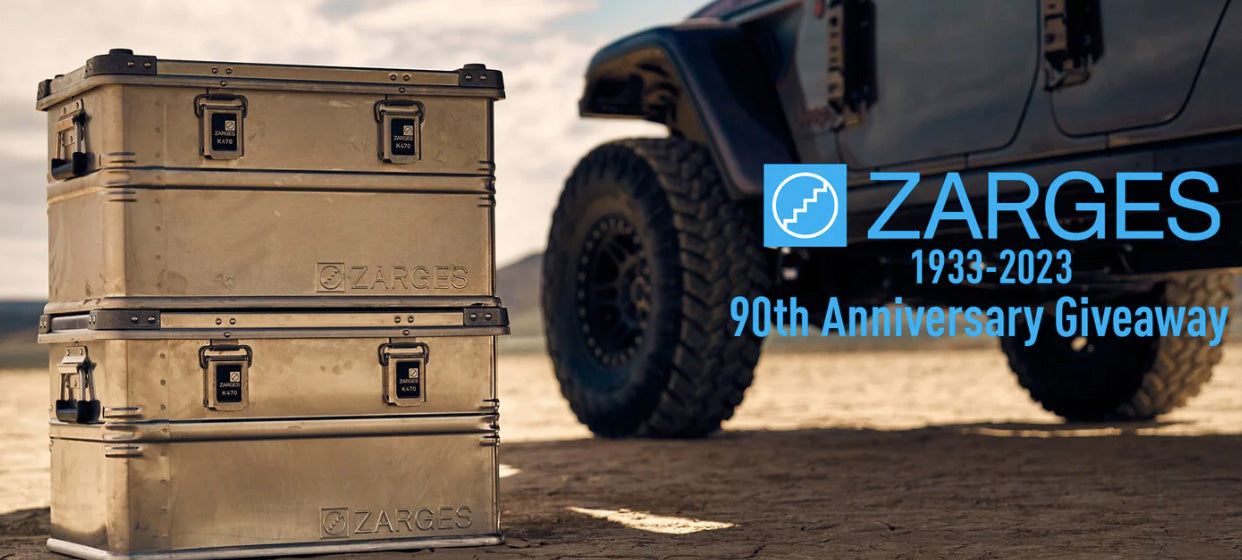Let’s face it. Many soccer fans had no idea that the job of “kit man,” what we commonly refer to stateside as an “equipment manager,” existed until Ted Lasso took over the zeitgeist during the heart of the COVID pandemic.
Many people know the title, but still have no idea what an equipment manager does. There is a vast gulf between someone who has the title and someone who actually earns it. Paul Dillon is the latter: an experienced professional who is vital to the operation of his team. A properly functioning soccer club needs an equipment manager who works in the same way that an effective on-field official does: if they do their job properly, no one knows who they are.
MLS club Charlotte FC’s equipment manager Paul Dillon played collegiate soccer at Marquette, where he earned his bachelor’s degree in psychology. After graduation, he moved on to the U.S. Soccer Federation, where he was first exposed to Zarges cases. “As a player, I’d always used duffel bags. But if it rained, all of our gear would arrive wet. I learned with U.S. Soccer that if a duffel was packed in a Zarges, it would stay dry.”
In the last few years, professional sports have become more focused on analytics. Duties that were previously an afterthought are now vital to an organization’s functioning. And with that, the equipment manager’s responsibilities increased. Those who worked in professional sports decades ago think of an equipment manager as the person who does the laundry and is responsible for the team’s “spread,” its clubhouse meals. But as the landscape of sports has changed, the role of equipment manager has expanded to include logistics. In short, Paul and his team are concierges and logistics managers for everyone affiliated with the club.
There’s a lot to do, and the less you have to think about, the better.
“We pack everything game by game. It just makes it easier. Zarges cases are lighter and stack easier in the equipment room than plastic cases. We have our match day trunks and everything in our equipment room is engineered to fit in its place. From the time our trunks are repacked, they’re ready to go. We don’t have to unpack or think about packing again.”
How do Paul and his team account for the wide array of gear that needs to be packed and transported? Of course, they have a system for that, too.
“Some of our cases are meant to remain packed and aren’t opened until we’re at the stadium. Some of the cases are taken into the hotel and placed into the conference room we convert to a medical training room. Because our Zarges cases have retractable handles and wheels, it’s easier for us to roll them right off the bus into the hotel. The things we need are at hand, and the items we don’t are safely packed away.”
The medical team has customized their Zarges cases, too. The trunks used on trips are thoughtfully assembled based upon their contents, but they aren’t to be opened when the team’s at home. “Our medical team’s cases are refilled when the team’s at home, but otherwise, they’re packed and ready to go.” To make things a bit easier on the medical team, their cases feature detachable casters that allow them to roll in and out of the hotel and the stadium.
As you’d expect, there are no league-wide requirements for teams to pack their gear in a specific way, but many organizations believe that how you do anything is how you do everything. Packing equipment is not an afterthought for Paul and Charlotte FC. They are perceived as a first-class operation because every item is in its place and their operation is easy to move from city to city. Others in the league have complimented their organization’s efforts. “At this point, we feel like people are chasing us, and we aren’t chasing other teams.”
A professional soccer team has many things to consider: on-field strategy, the health and well-being of its players, the organization’s standing in the community. The fewer ancillary things they need to think of, the better. Wet gear and broken cases are a complication that players and coaches do not want to navigate. To Paul, that’s another reason to use Zarges. The cases are reliable, mirroring the persona he and his team want to embody. “When we travel, our cases may get dented and scratched, but the integrity remains the same.”
They know that no matter the forces of nature or the aggressions of baggage handlers, their gear will emerge from the cases just as they packed it, giving the players and staff of Charlotte FC the luxury of focusing only on their next opponent.


